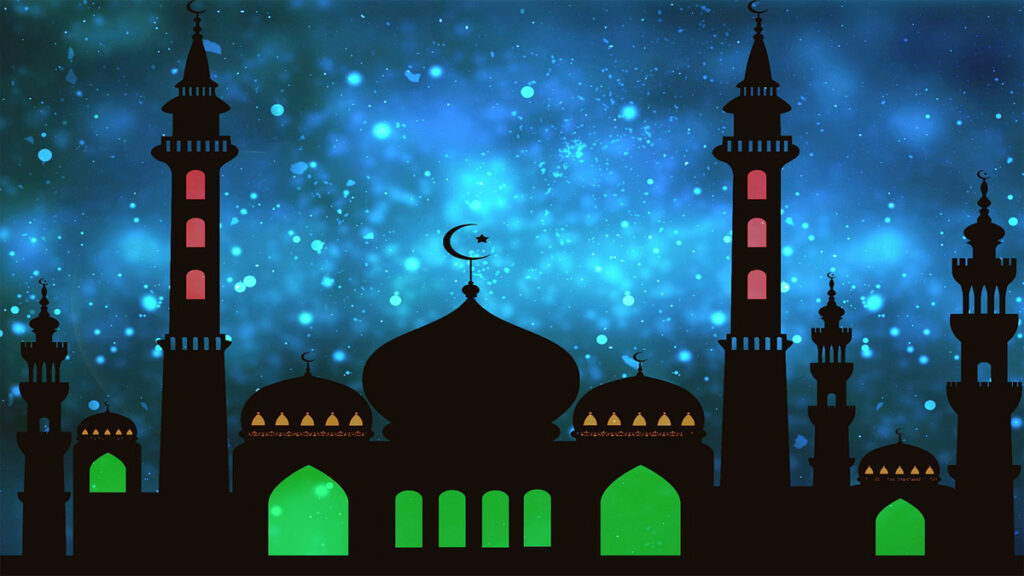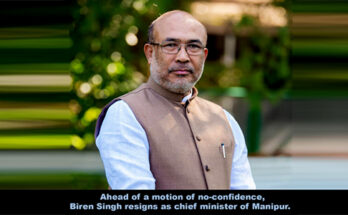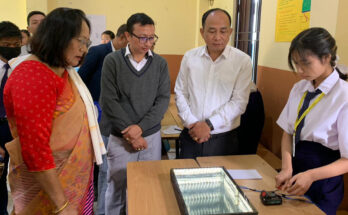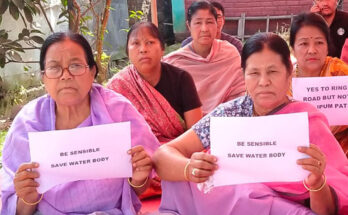
Contents
Celebrating Unity and Renewal
Introduction:
As the holy month of Ramadan draws to a close, millions of Muslims around the world prepare to celebrate Eid al-Fitr, a joyous occasion that signifies the culmination of a month of fasting, prayer, and spiritual reflection. With traditions that vary across cultures and regions, Eid al-Fitr is a time for community, generosity, and gratitude, as families come together to share meals, exchange gifts, and express gratitude for blessings received. In this comprehensive news article, we delve into the significance of Eid al-Fitr, its customs and rituals, and how communities worldwide are observing this sacred holiday.
Section 1: Understanding Eid al-Fitr
1.1 Spiritual Significance:
- Eid al-Fitr, often referred to as the “Festival of Breaking the Fast,” is celebrated on the first day of Shawwal, the tenth month of the Islamic lunar calendar.
- The holiday marks the end of Ramadan, the ninth month of the Islamic calendar, during which Muslims observe fasting from dawn until sunset as a form of self-discipline, purification, and spiritual growth.
1.2 Commemorating Gratitude and Generosity:
- Eid al-Fitr is a time for Muslims to express gratitude to Allah for the strength and perseverance to complete the month of fasting, as well as to seek forgiveness for past sins and shortcomings.
- The holiday also emphasizes acts of charity and generosity, with Muslims encouraged to give Zakat al-Fitr, a form of almsgiving, to support those in need and ensure that all members of the community are welcome to attend the celebrations.
Section 2: Customs and Traditions
2.1 Prayers and Worship:
- The day of Eid al-Fitr begins with the performance of special prayers known as Salat al-Eid, which are typically held in mosques or outdoor prayer grounds.
- Muslims gather for communal prayers, listen to sermons delivered by religious leaders, and exchange greetings of “Eid Mubarak,” meaning “Blessed Eid,” to convey well-wishes and blessings for the holiday.
2.2 Festive Celebrations:
- Following the prayers, families and friends come together to celebrate with elaborate feasts, known as Eid al-Fitr breakfast or Eid ul-Fitr dinner, featuring traditional dishes and sweets.
- Children receive gifts, new clothes, and money, known as “Eidi,” from elders and relatives, adding to the festive atmosphere and fostering a sense of joy and celebration.

Section 3: Eid al-Fitr Around the World
3.1 Cultural Diversity:
- Eid al-Fitr is celebrated with diverse customs and traditions that reflect the rich cultural heritage of Muslim communities worldwide.
- In countries such as Saudi Arabia, Egypt, and Indonesia, public celebrations include street festivals, bazaars, and fireworks displays, while in other regions, families gather for intimate gatherings and home-cooked meals.
3.2 Global Observance:
- In non-Muslim-majority countries, Eid al-Fitr is recognized as a public holiday, allowing Muslims to take time off from work and school to observe the holiday with their families.
- Cities with large Muslim populations, such as London, New York, and Toronto, host vibrant Eid festivals, featuring cultural performances, food stalls, and community activities that showcase the diversity and unity of the Muslim ummah (community).
Section 4: Challenges Amidst Celebration
4.1 Adapting to Pandemic Restrictions:
- The celebration of Eid al-Fitr in recent years has been marked by the challenges posed by the COVID-19 pandemic, with restrictions on gatherings, travel, and communal prayers impacting traditional observances.
- Muslim communities have adapted by organizing virtual prayers, drive-in celebrations, and online fundraisers to maintain connections and uphold the spirit of Eid while prioritizing public health and safety.
4.2 Addressing Humanitarian Needs:
- As Muslims rejoice in the blessings of Eid al-Fitr, there is a heightened awareness of the plight of vulnerable communities around the world, particularly those affected by conflict, poverty, and displacement.
- Organizations and individuals mobilize charitable efforts, including food drives, distribution of Eid gifts, and support for refugees and internally displaced persons (IDPs), to ensure that all members of the global ummah can experience the joy and abundance of Eid.
Conclusion:
Eid al-Fitr serves as a time of renewal, unity, and compassion for Muslims worldwide, offering an opportunity to reflect on spiritual growth, strengthen familial bonds, and extend acts of kindness and generosity to those in need. As communities come together to celebrate the blessings of Eid, they embody the values of compassion, solidarity, and resilience that lie at the heart of Islam. Through the observance of Eid al-Fitr, Muslims reaffirm their commitment to faith, community, and service, spreading joy and blessings to all those around them. Eid Mubarak!




